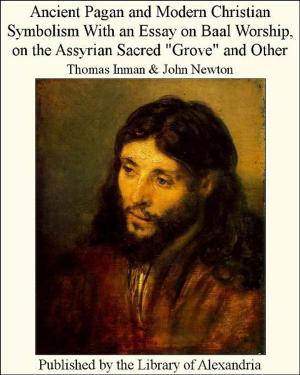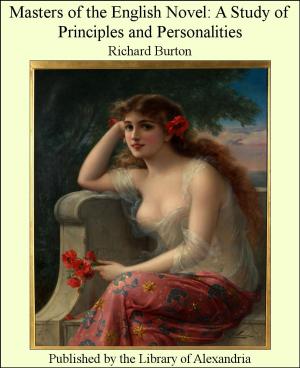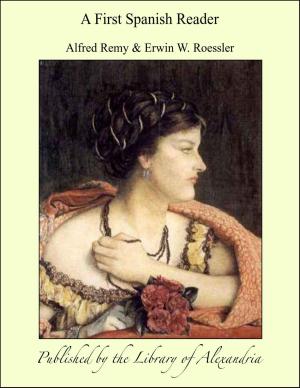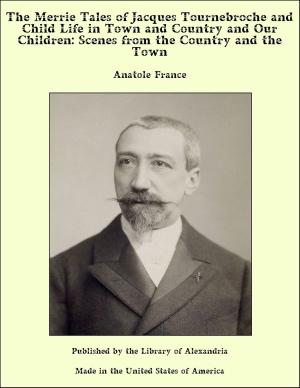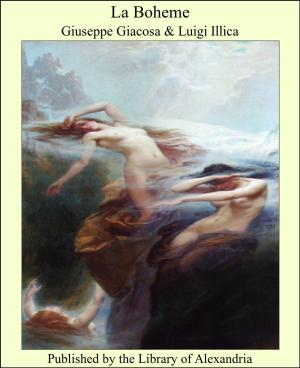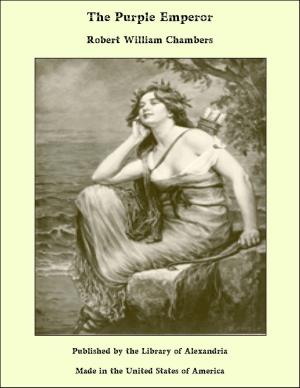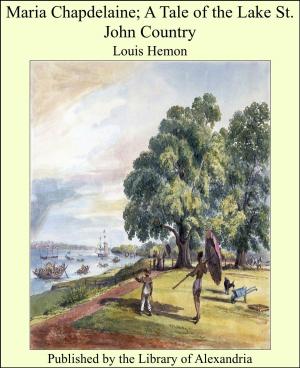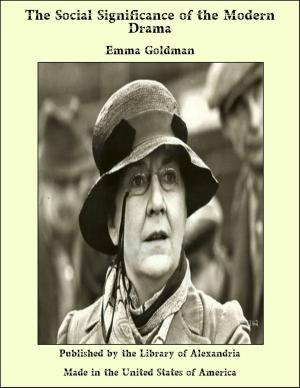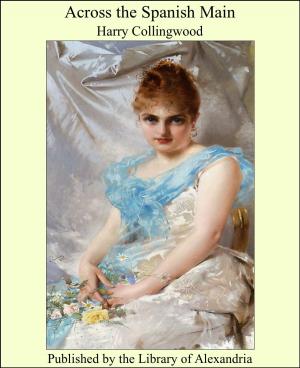| Author: | Archibald Marshall | ISBN: | 9781465617255 |
| Publisher: | Library of Alexandria | Publication: | March 8, 2015 |
| Imprint: | Language: | English |
| Author: | Archibald Marshall |
| ISBN: | 9781465617255 |
| Publisher: | Library of Alexandria |
| Publication: | March 8, 2015 |
| Imprint: | |
| Language: | English |
The Reverend David Grant, Vicar-elect of Royd, was a novelist as well as a priest. So when he paid his preliminary visit to Royd Castle, and sat himself down to write to his wife about it he did so with the idea of making his letter a piece of literature; or at least of making her see. For that was literature—making people see. He would take as much trouble over his letter as he would over a chapter of a novel; and when she had read it she would have a clear picture in her mind of the place she was coming to and the people she would meet there. She had not been able to come herself because she was close to her confinement. Poor girl! It was rather hard luck that she should have to miss all this excitement. They had been married thirteen years and had always looked forward to settling into the ideal country parsonage. But either he would have to settle in himself, or else wait a couple of months or so until the baby was born and Ethel was well enough to take a hand in the blissful arrangements. Longing to get to work at it as he was, with money saved from his royalties to be spent in making their home what they wanted it to be, he yet thought that he would prefer to wait until she was strong again. After thirteen years of married life, in circumstances not of the easiest, this couple still liked doings things together. The time and the place invited to literary composition. The time was shortly after ten o'clock of a warm spring night, for the Castle retired early. The place was a room which David Grant had sometimes imagined for himself as the background for a scene in a novel, but never yet had the satisfaction of occupying. It was a great state Tudor bedroom, with carved and panelled walls, a stone fireplace with a fire of logs burning in it, Flemish tapestry above, a polished oak floor with old carpets in front of the hearth, by the heavy pillared canopied bed and in the deep embrasure of the window. There were heavy oak chairs and tables and presses. The washing arrangements, necessarily more modern, since in Tudor days they washed very little, were in a closet apart. The writing-table alone showed modernity, with everything on it in the way of apparatus that could please a person who loved writing for its own sake, and could appreciate its accessories. It stood in the windowed recess, which was as large as a fair-sized room, and contained another table for books, with a cushioned chair by its side, and still left space for moving about from one window to the other. Wax candles in heavy silver candle-sticks stood invitingly on the writing-table, and elsewhere about the room. There were six of these lit when David Grant came up, but it was so large that the effect was still one of rich dimness, warmed into life by the glowing fire on the hearth.
The Reverend David Grant, Vicar-elect of Royd, was a novelist as well as a priest. So when he paid his preliminary visit to Royd Castle, and sat himself down to write to his wife about it he did so with the idea of making his letter a piece of literature; or at least of making her see. For that was literature—making people see. He would take as much trouble over his letter as he would over a chapter of a novel; and when she had read it she would have a clear picture in her mind of the place she was coming to and the people she would meet there. She had not been able to come herself because she was close to her confinement. Poor girl! It was rather hard luck that she should have to miss all this excitement. They had been married thirteen years and had always looked forward to settling into the ideal country parsonage. But either he would have to settle in himself, or else wait a couple of months or so until the baby was born and Ethel was well enough to take a hand in the blissful arrangements. Longing to get to work at it as he was, with money saved from his royalties to be spent in making their home what they wanted it to be, he yet thought that he would prefer to wait until she was strong again. After thirteen years of married life, in circumstances not of the easiest, this couple still liked doings things together. The time and the place invited to literary composition. The time was shortly after ten o'clock of a warm spring night, for the Castle retired early. The place was a room which David Grant had sometimes imagined for himself as the background for a scene in a novel, but never yet had the satisfaction of occupying. It was a great state Tudor bedroom, with carved and panelled walls, a stone fireplace with a fire of logs burning in it, Flemish tapestry above, a polished oak floor with old carpets in front of the hearth, by the heavy pillared canopied bed and in the deep embrasure of the window. There were heavy oak chairs and tables and presses. The washing arrangements, necessarily more modern, since in Tudor days they washed very little, were in a closet apart. The writing-table alone showed modernity, with everything on it in the way of apparatus that could please a person who loved writing for its own sake, and could appreciate its accessories. It stood in the windowed recess, which was as large as a fair-sized room, and contained another table for books, with a cushioned chair by its side, and still left space for moving about from one window to the other. Wax candles in heavy silver candle-sticks stood invitingly on the writing-table, and elsewhere about the room. There were six of these lit when David Grant came up, but it was so large that the effect was still one of rich dimness, warmed into life by the glowing fire on the hearth.

